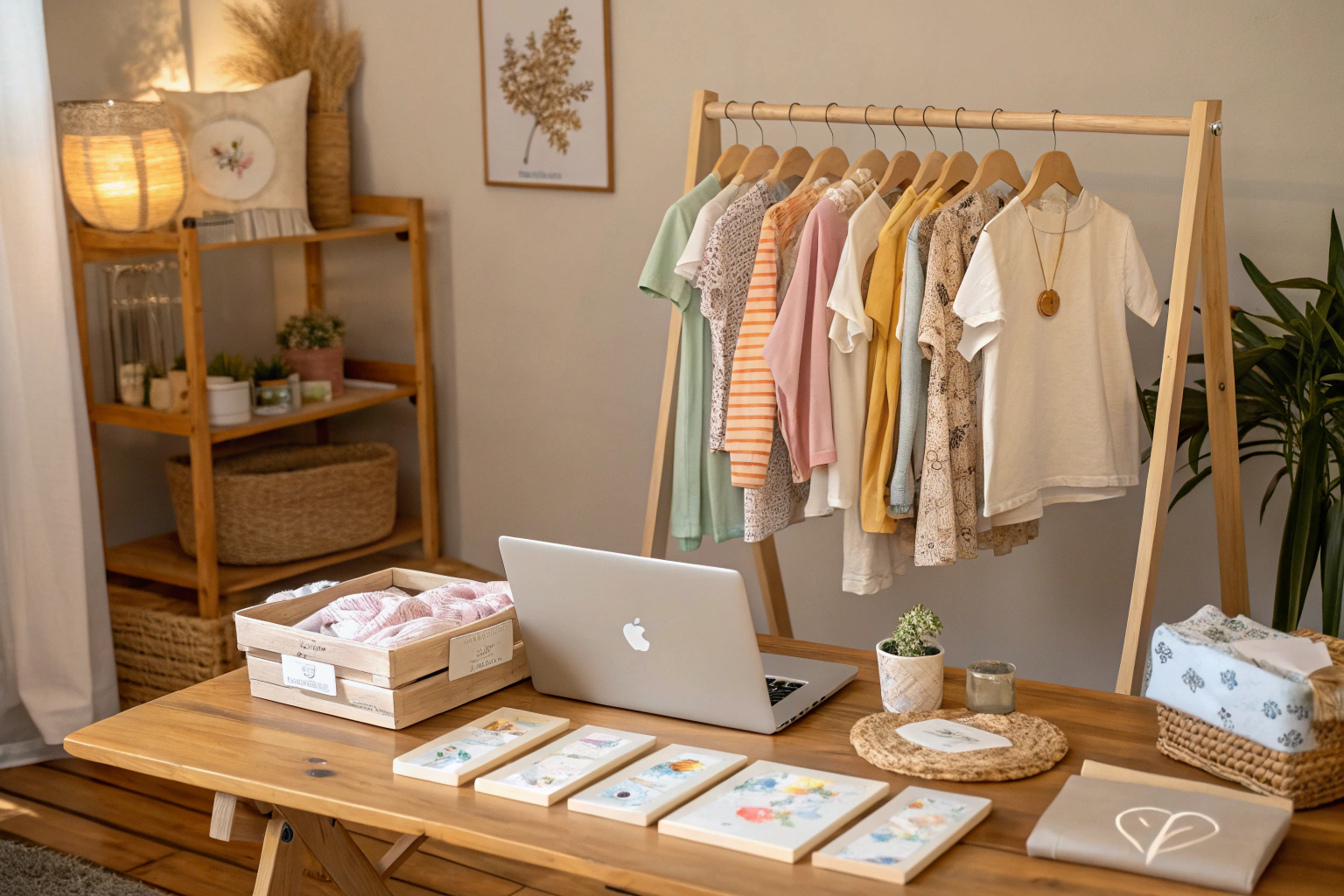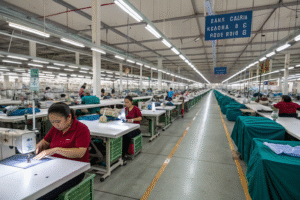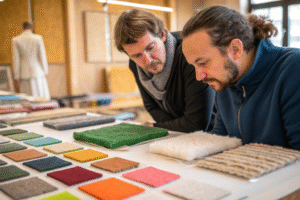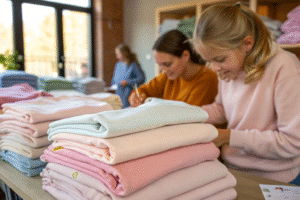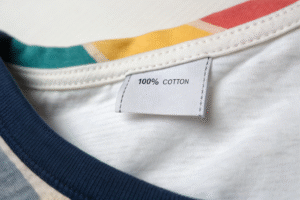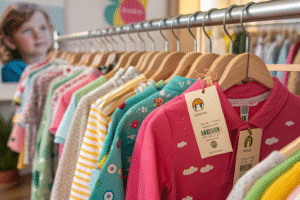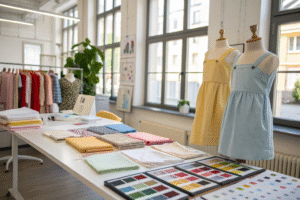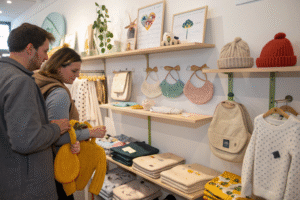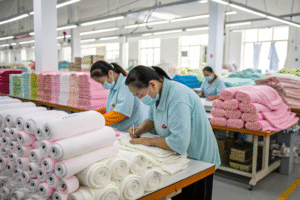Big brands dominate the shelves, but many parents and boutique buyers are turning to small businesses for baby clothes that offer uniqueness, craftsmanship, and a personal touch. Mass-produced garments often lack the softness, ethical sourcing, or whimsical design that small brands lovingly provide.
Some of the best small businesses for baby clothes include brands like L’ovedbaby, Jamie Kay, Quincy Mae, and Snuggle Hunny, all known for their ethical practices, soft fabrics, and modern aesthetics.
As a clothing manufacturer who partners with both large and niche clients, I’ve watched how small babywear brands grow from Etsy to global recognition. In this article, I’ll highlight some standout names—and explain what makes small businesses in babywear worth watching, supporting, or emulating.
Which babywear small brands focus on organic cotton?
In today’s market, many small businesses prioritize sustainability. Organic cotton isn’t just a buzzword—it’s a selling point for parents concerned about allergies and ethical production.
Great small brands that focus on organic babywear include Quincy Mae, Colored Organics, and L’ovedbaby.
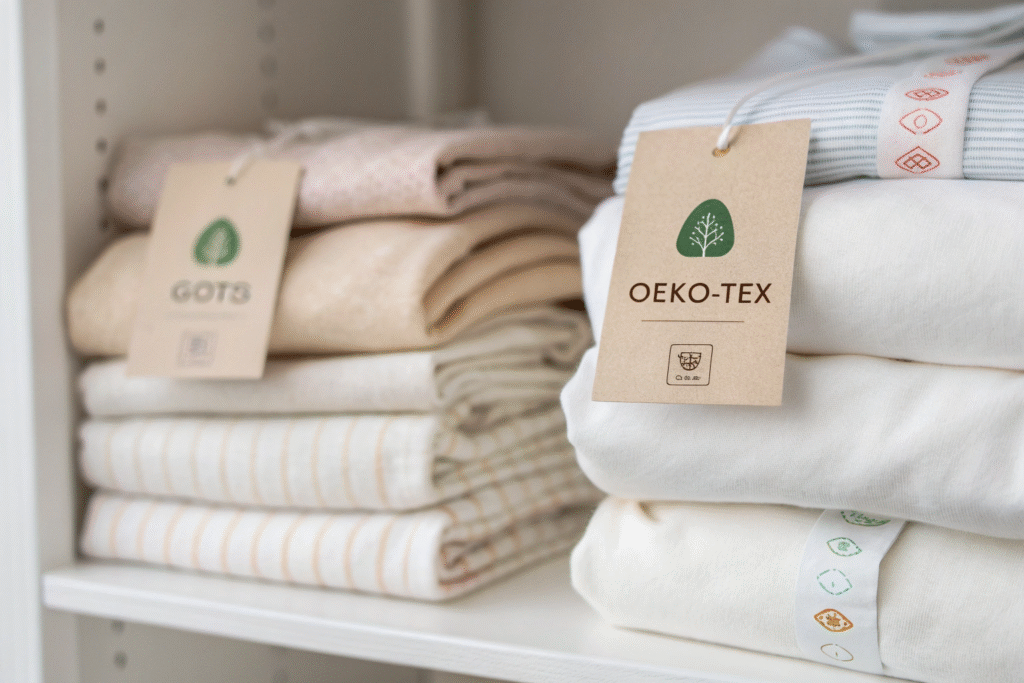
Why is Quincy Mae highly rated for organic babywear?
Quincy Mae is the minimalist sibling brand of Rylee + Cru. It’s known for GOTS-certified organic baby clothing in muted tones and ribbed fabrics. Designed by a mom of three, its seasonal capsule drops are both stylish and practical.
Their clothes are also available on curated sites like Maisonette, which support many small and emerging baby brands across the U.S.
What makes Colored Organics stand out?
Colored Organics is based in Minnesota and offers baby basics made from GOTS-certified cotton. What sets them apart is their ethical manufacturing—partnering only with fair trade-certified factories.
They also donate a portion of profits through their Give Back Program, making them a brand aligned with both quality and purpose. Their items are also stocked by The Tot, another platform that uplifts responsible small brands.
Which handmade babywear businesses are thriving?
Handmade baby clothing offers a charm that mass brands can’t replicate. Many small businesses start with one sewing machine and an Etsy store, but grow by focusing on detail, story, and community connection.
Successful handmade babywear brands include The Simple Folk, Briar Baby, and Etsy sellers like Petite Lark and Fox & Fawn.
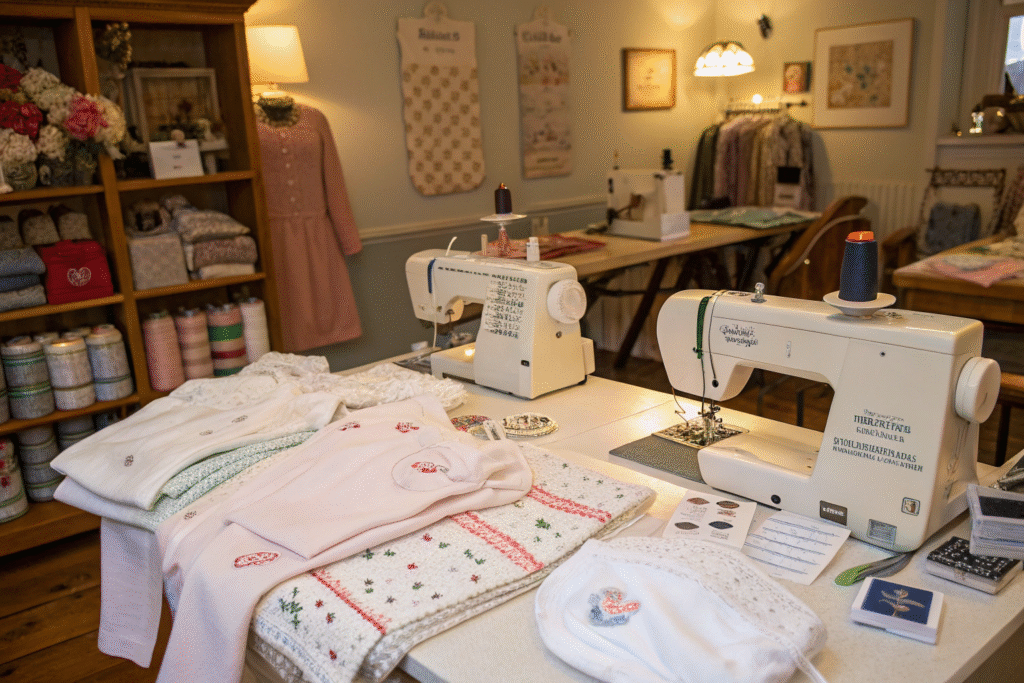
What makes The Simple Folk resonate with parents?
The Simple Folk offers minimalist, ethical children’s clothing made with natural dyes and GOTS cotton. While they now ship globally, their origin as a mom-founded small shop is still at the heart of their brand.
Their transparent supply chain and slow-fashion ethos have earned features in Vogue and Motherly. Pieces are handmade in Portugal using low-impact materials.
Why are Etsy shops like Petite Lark gaining traction?
Petite Lark started on Etsy and now sells directly via its own website. Their clothing features hand-illustrated prints, sewn in small batches, and often uses OEKO-TEX-certified fabrics.
Other Etsy favorites like Fox & Fawn create personalized rompers and baby sets that cater to gifting markets. Their attention to seasonal themes makes them popular for newborn photography or holiday wear.
What small babywear brands are great for gifting?
Gift-ready baby clothing brands are ideal for baby showers, birthdays, or first-year celebrations. Small businesses shine in this space by offering beautiful packaging, unique designs, and the ability to personalize.
Top small brands for baby gifting include Snuggle Hunny, Monica + Andy, and Lou Lou & Company.
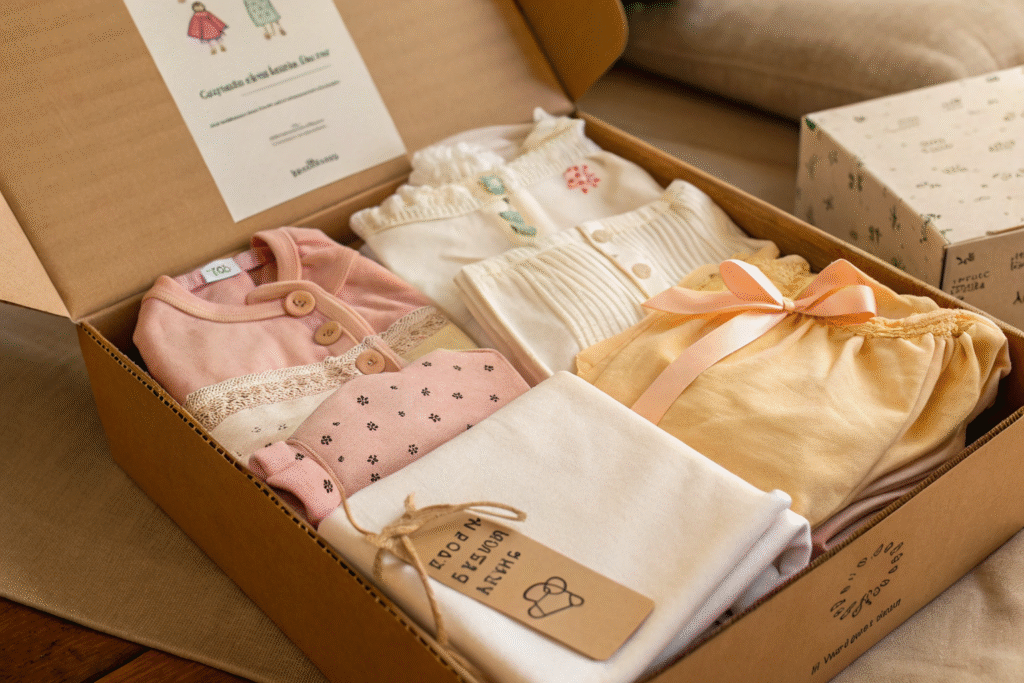
Why is Snuggle Hunny a gifting favorite?
Snuggle Hunny is an Australian brand that creates coordinated sets of baby swaddles, onesies, and headbands in floral or earthy prints. Their organic collections come with matching accessories, perfect for new parents.
Their products are stocked globally and also available on Nordstrom and boutique shops that specialize in baby gifting.
What sets Lou Lou & Company apart?
Lou Lou & Company makes buttery-soft baby gowns, knotted hats, and blankets. Based in the U.S., their gift-ready bundles are thoughtfully packaged with gender-neutral tones.
Their stretchy modal fabric is popular for hospital coming-home outfits. Reviews on Babylist often mention how well their items wash and how luxurious they feel, making them a standout among small brands.
Where can you find inclusive and affordable small labels?
Affordability and inclusivity are not exclusive to big box stores. Many small businesses offer extended sizing, unisex designs, and accessible pricing by keeping operations lean and local.
Small inclusive and budget-conscious brands include Primary, Jamie Kay, and Pip Pea Pop.

Why is Primary loved by minimalist families?
Primary sells simple, color-based basics with no logos or gender labels. While technically growing fast, they began as a small DTC (direct-to-consumer) startup and retain their mission-driven ethos.
They’re also one of the few brands that offer baby sizes through 12 years old—ideal for siblings or bulk buying. Their blog and community-driven product development are especially popular with parents.
How does Pip Pea Pop promote cultural representation?
Pip Pea Pop is a small, Black-owned babywear brand that creates hand-illustrated prints celebrating Black heritage, family, and joy. Their gender-neutral onesies and tees come in eco-friendly fabrics and sizes from preemie to 5T.
They partner with platforms like WeeStructed to expand access to culturally meaningful children’s apparel that’s still soft, safe, and affordable.
Conclusion
Small businesses are reshaping the babywear industry with passion, purpose, and people-first values. Whether it’s organic cotton from Quincy Mae, handmade details from Petite Lark, or inclusive prints from Pip Pea Pop, these brands prove that “small” doesn’t mean “less.” As a kidswear manufacturer, I’m inspired daily by how these entrepreneurs build beautiful, sustainable, and meaningful baby clothing lines. If you’re a boutique buyer or aspiring brand founder, supporting or learning from these small labels is a smart move—and a heartfelt one.

